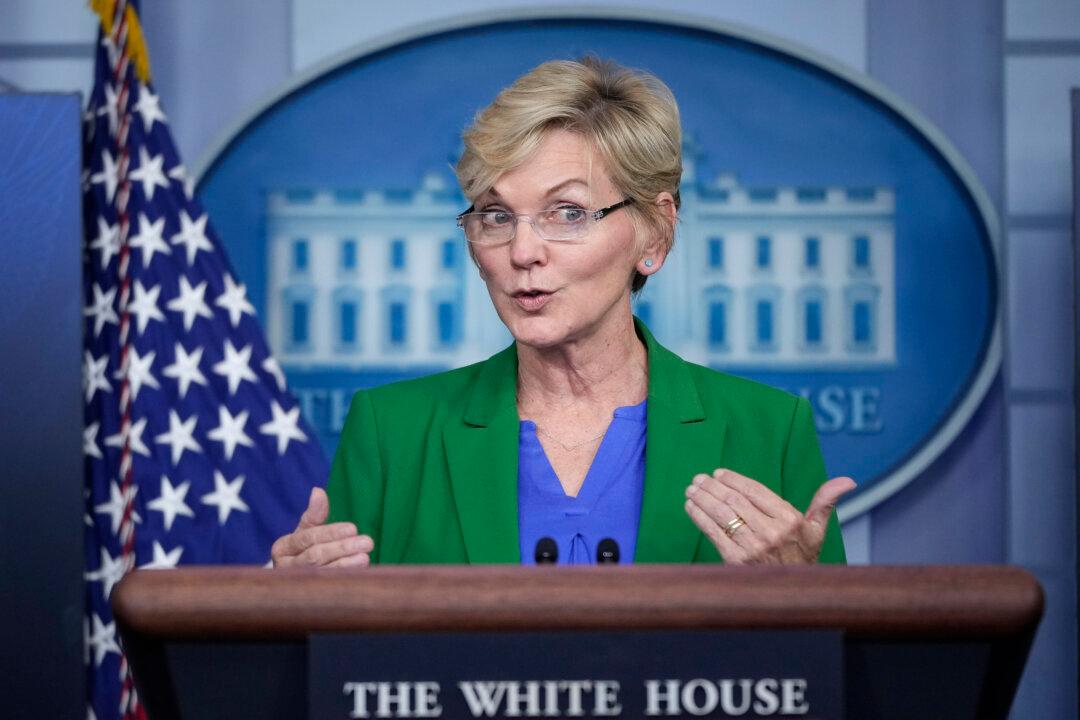Energy Secretary Jennifer Granholm on Oct. 6 said that the Biden administration is considering tapping the nation’s emergency oil reserves to tame soaring gasoline prices, according to a Financial Times (FT) report.
“It’s a tool that’s under consideration,” Granholm said at an FT energy transition summit, when asked about the possibility of the United States tapping into its Strategic Petroleum Reserve (SPR) as fuel prices reach seven-year highs amid higher demand as the CCP virus pandemic eases.





